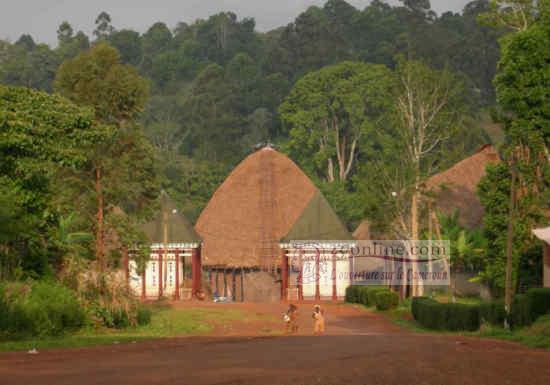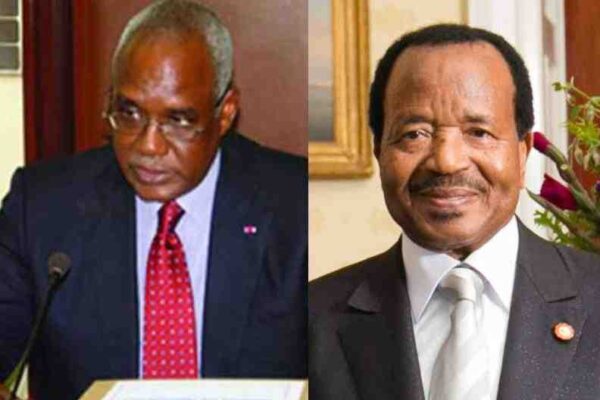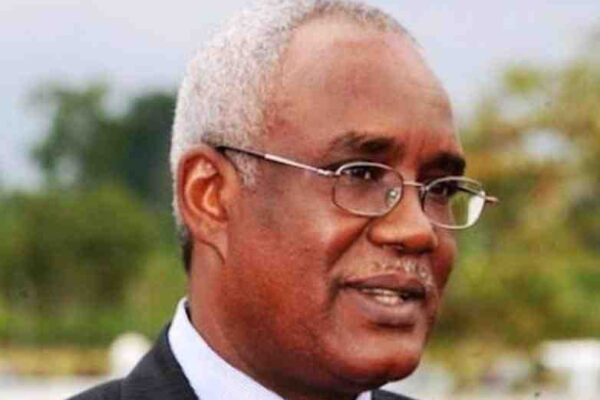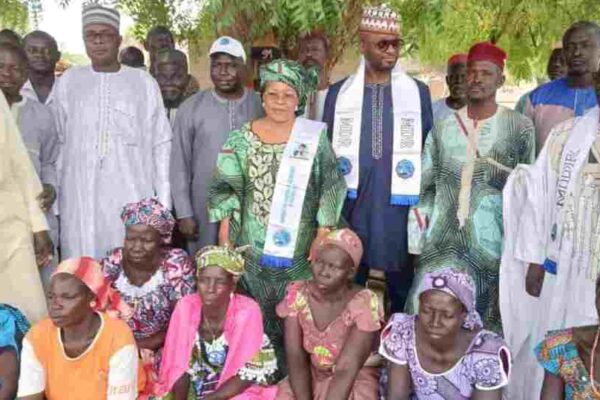The Minister of Territorial Administration Paul Atanga Nji has outline specific procedures for the creation or upgrading of chieftaincies in Cameroon.
In a circular letter addressed to Regional Governors, Senior Divisional Officers and Divisional Officers, the Minister pointed out that Traditional rulers who are auxiliaries of the administration.
However, some unrecognized traditional leaders continued to hoist the green-red-yellow flag in front of their home without the prior authorization of the administration. The creation of chieftaincies had been suspended ran from 1995 to 2017.
The circular letter, signed last May by the Minister of Territorial Administration, Paul Atanga Nji sets the modalities of creation, reclassification and rehabilitation of traditional chiefdoms. “I have the honor to ask you to request and obtain (…) my express authorization in view of all initiatives towards the creation, reclassification and rehabilitation of traditional chiefdoms.”
The text also outlines the measure for suspension of the creation of the traditional chiefdoms taken by the government in 1995. Reacting to this measure, the deputy director of the administrative organization at the Ministry of Territorial Administration, Elie Crépin Nkwel explains that with the new dispensation, the minister’s express authorization is required. We can even build files as long as the minister has not yet agreed we will not be able to create or rehabilitate.
In Cameroon, Decree No. 77/245 of 15 July 1977 governs the organization of traditional chiefdoms. Chapter II, of article 15, specifies the mode of designation of traditional chiefs. The article states that first Class traditional chiefs are appointed by the Prime Minister.
Second Class traditional leaders are commissioned by the Minister of the Territorial Administration while third Class chiefs are installed by Senior Divisional Officer.
Article 19 states that “the traditional chiefs have the role of assisting the administrative authorities in their task of supervising the population.
Elvis Teke




